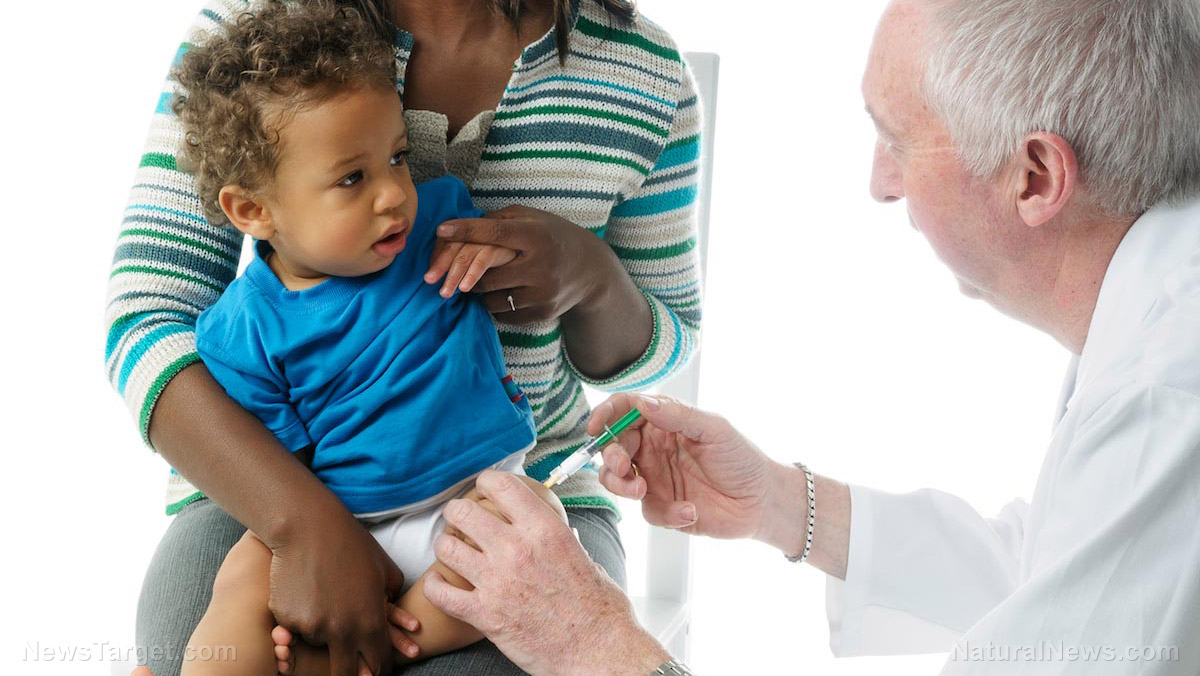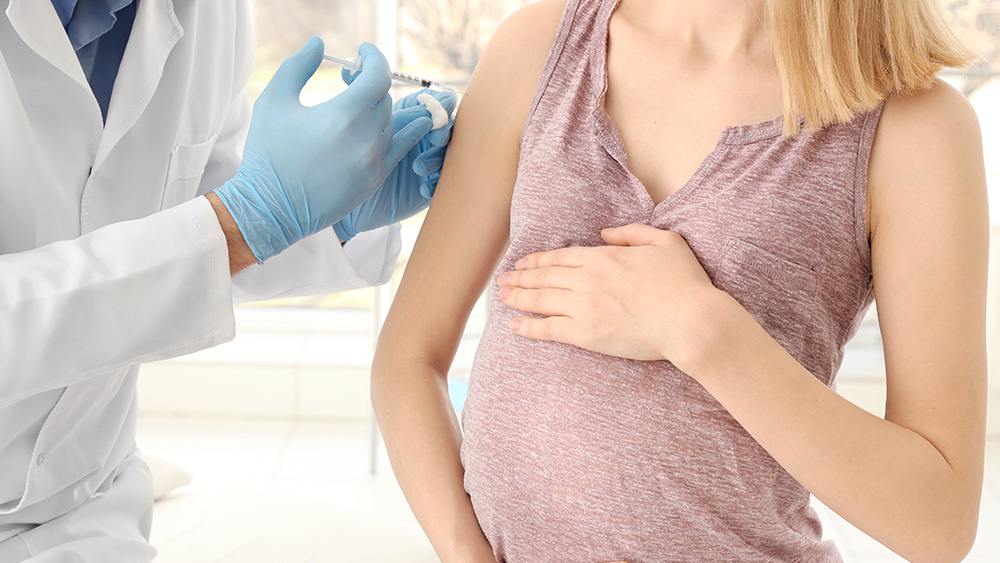
Company CEO Pascal Soriot told JP Morgan and other investors over a conference call that the woman from the United Kingdom developed neurological symptoms consistent with this "rare" disease almost immediately following injection, though AstraZeneca insists that the experimental vaccine is not to blame.
The woman is said to be "improving," and will likely be released from the hospital in the next few days. In the meantime, AstraZeneca, which partnered with the University of Oxford to develop the vaccine that injured her, is trying to figure out when it might resume the phase-three trial to get the vaccine released in time for the election, upon request from President Donald Trump.
Soriot's comments, according to one of the investors who participated in the call, were apparently intended to reassure everyone that the company was taking the vaccine safety event seriously. The goal was to convey to investors that everything is just fine and moving right along, despite this minor hiccup.
This is actually the SECOND case of neurological damage caused by AstraZeneca's COVID-19 vaccine
At the same time, AstraZeneca has provided little in the way of actual evidence to show that actual progress is being made. We know this because there was actually an earlier cause of neurological damage caused by AstraZeneca's experimental Wuhan coronavirus (COVID-19) vaccine that occurred back in July, but that was never reported.
This individual developed a similar neurological condition that was later dubbed as multiple sclerosis, with AstraZeneca insisting that it had absolutely nothing to do with the vaccine. But our readers and many others know better about this kind of thing.
Like virtually all other vaccines, this one more than likely contains a slew of toxic adjuvants that embed into muscle tissue and cause systemic damage. This damage typically manifests neurologically, leading to long-term and often permanent health problems.
AstraZeneca is not concerned about this, however, and is still planning to continue distributing the vaccine en masse for warp speed release potentially by Nov. 1, which is the goal of the Trump administration's Operation Warp Speed program.
This phase-three trial just began in August, and had thus far reached 62 live testing sites in the U.S. alone. Testing of the vaccine is also taking place in the U.K. and elsewhere, reports indicate.
When all is said and done, some 30,000 participants at 80 different testing sites are expected to receive the jab. And more than likely there will be additional cases of neurological damage that may or may not get reported, depending on how the news affects AstraZeneca's bottom line.
As explained by Stat News, transverse myelitis is demarcated by spinal cord inflammation, which can manifest symptomatically as muscle weakness, chronic pain, bladder problems, or paralysis. Though considered to be "rare," there are many documented cases of vaccines triggering it, which suggests that AstraZeneca's Wuhan coronavirus (COVID-19) vaccine more than likely did the same in this British trial participant.
"Acute transverse myeloid can occur with multiple sclerosis also," wrote one Stat News commenter, suggesting that the July "multiple sclerosis" case was more than likely caused by the vaccine as well, despite AstraZeneca's objections to accepting blame. "Two cases of CNS demyelination is certainly a warning for concern."
"If you look at the stats, unless you're very elderly and/or have co-morbidities your chance of death is very slim," wrote another, denying the need for a vaccine at all.
More related news about the Wuhan coronavirus (COVID-19) plandemic can be found at Pandemic.news.
Sources for this article include:
Please contact us for more information.























